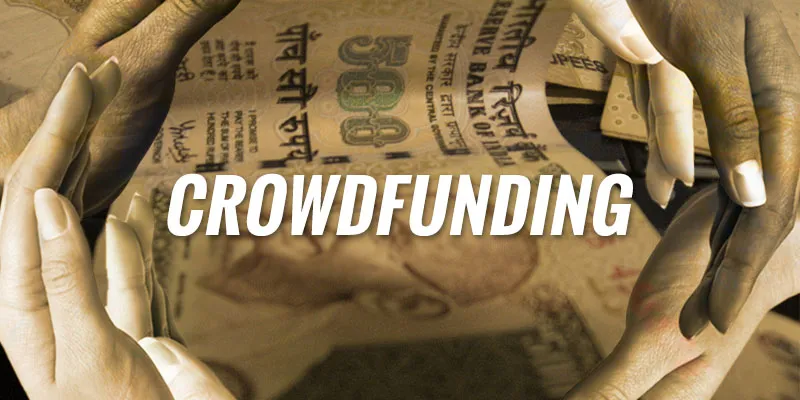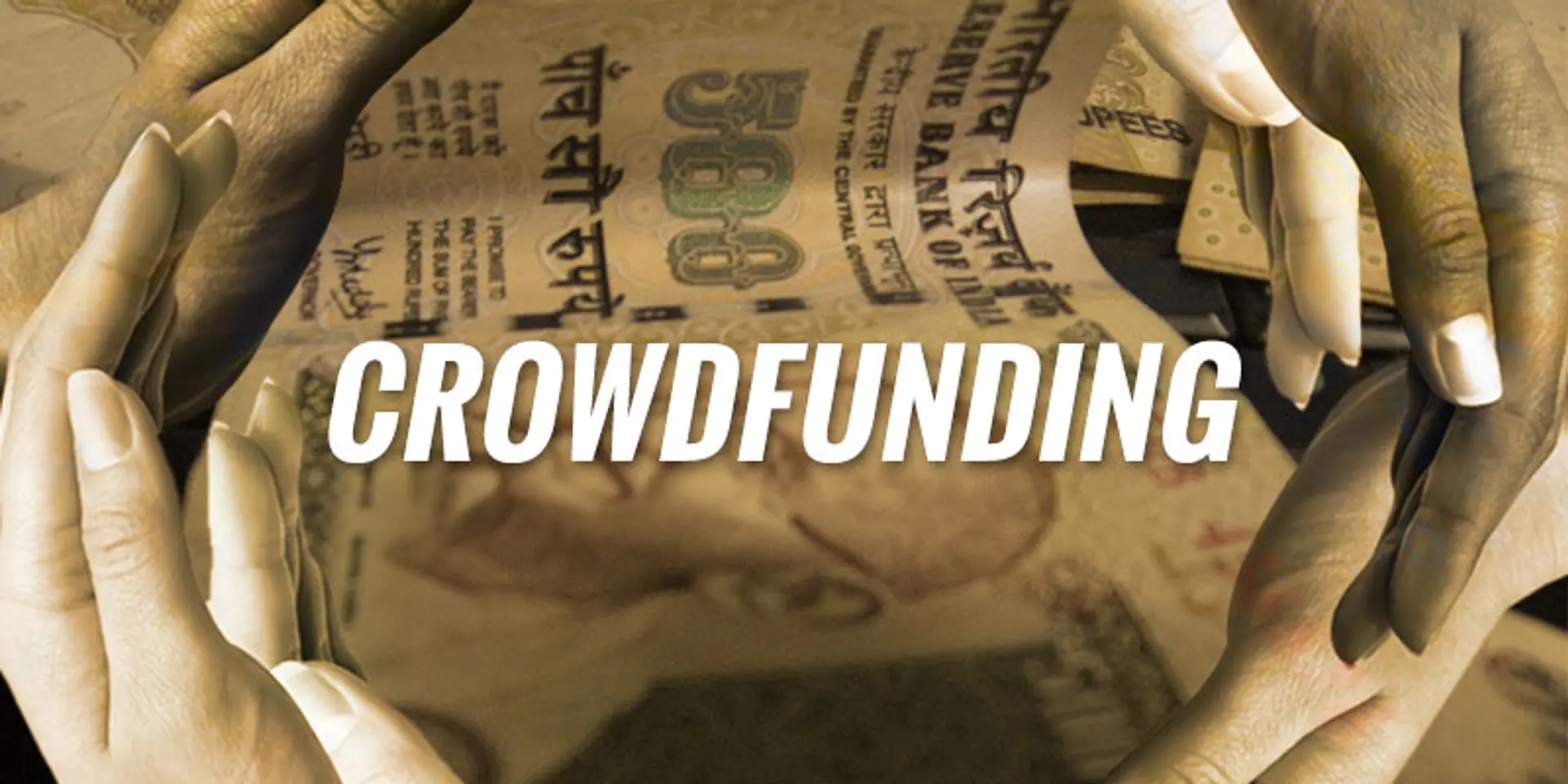According to SEBI, crowdfunding is defined as solicitation of funds (small amount) from multiple investors through a web-based platform or social networking site for a specific project, business venture, or social cause.
SEBI is currently in the process of establishing regulations on crowdfunding. Once this picks up, it will be a boon to the SME/early-stage startups to raise funds from small-time investors.

Types of crowdfunding:
- Social/donation crowdfunding.
- Reward crowdfunding.
- Peer-to-peer lending.
- Equity crowdfunding.
The first two shall be social funding and last two shall be financial return funding.
Social media is going to play a pivotal role in this crowdfunding. It is going to be a new stream of revenue for them by acting as a facilitator between the investor/lender and issuer/borrower. With the recent initiatives by the Indian government through Digital India programme, a substantial amount of Indian population will be brought into the world of Internet.
Already many crowdfunding platforms such as Faircent, Lendbox, i-Lend have started to emerge in India primarily in the area of peer-to-peer lending. However, it is yet to pick up pace in India as these platforms are awaiting for regulations from government agencies such as RBI, SEBI, Income tax, etc.
It is good to view crowdfunding from a positive angle, however, the crowdfunding platform, if not properly regulated, shall lead to a market for illegal/unlawful activities. This will force government agencies, such as SEBI, RBI, Income tax, etc., to impose a lot restrictions/checks to bring in accountability.
Benefits of crowdfunding:
- Helps SME/early-stage startups to raise funds from investors.
- Low cost of capital compared to unsecured lending from banks/financial institutions.
- Investors are provided with a new avenue from investment.
- Crowdfunding platforms shall perform the necessary due diligence to safeguard interest of the investors.
Risks of crowdfunding:
- Trust issues: issuers/borrowers should convince the investors about the investment viability in order to procure funds from the lenders/investors.
- Conservative investors: risk appetite level of individual investors are substantially low compared to that of VCs’ and PEs’. In India, the mentality of the population, in general, is to invest in instruments with a low level of risk. This is the reason for higher interest rates in India for savings/fixed deposits compared to that of interest rates in developed countries.
- Laundering: The biggest risk in crowdfunding is the risk of money laundering. SEBI would never want another SAHARA case to deal with.
- Risk of default/fraud: The primary concern of SEBI is to protect the interest of investors. There will be no or less recourse to the investors in case of default by issuers/borrowers. In a case of VC/PE funding, the concerned VC/PE shall appoint top-level finance professionals to perform a due diligence of the issuer/borrower in order to assess the risk of investment. However, in the case of crowdfunding, the platform shall be responsible to perform the necessary due-diligence. The dependability on the platform becomes higher and the equivalent risk is also really high.
- Cost of compliance: SEBI, in order to mitigate the risks, shall be forced to come up with a lot of documentation formalities to be complied with by the issuer/borrower. Presently, if a company plans to go for listing, the average period for preparing the necessary documentation shall be six to eight months and related cost shall range from 50 to 75 lakhs depending on the amount of issue. SME/early-stage startups definitely cannot afford for this.
SEBI is forced to come up with a rigid as well as issuer-friendly regulations in order to source funds from the open market.
Other government agencies such as RBI, income tax, etc., are studying about crowdfunding and shall soon come up with their own set of regulations.
Conclusion:
Crowdfunding is a break-through for the SME/early-stage startups, especially the bootstrapped ones, to source funds from the market. However, practical and legal issues involved in opening up a new market, shall force the government agencies to come up with a lot of regulations to be complied by the issuer/borrower, which shall directly lead to SMEs’/early-stage startups backing out from the idea of crowdsourcing.
Making the crowdsourcing a reality, is a long road ahead.
(Disclaimer: The views and opinions expressed in this article are those of the author and do not necessarily reflect the views of YourStory.)







